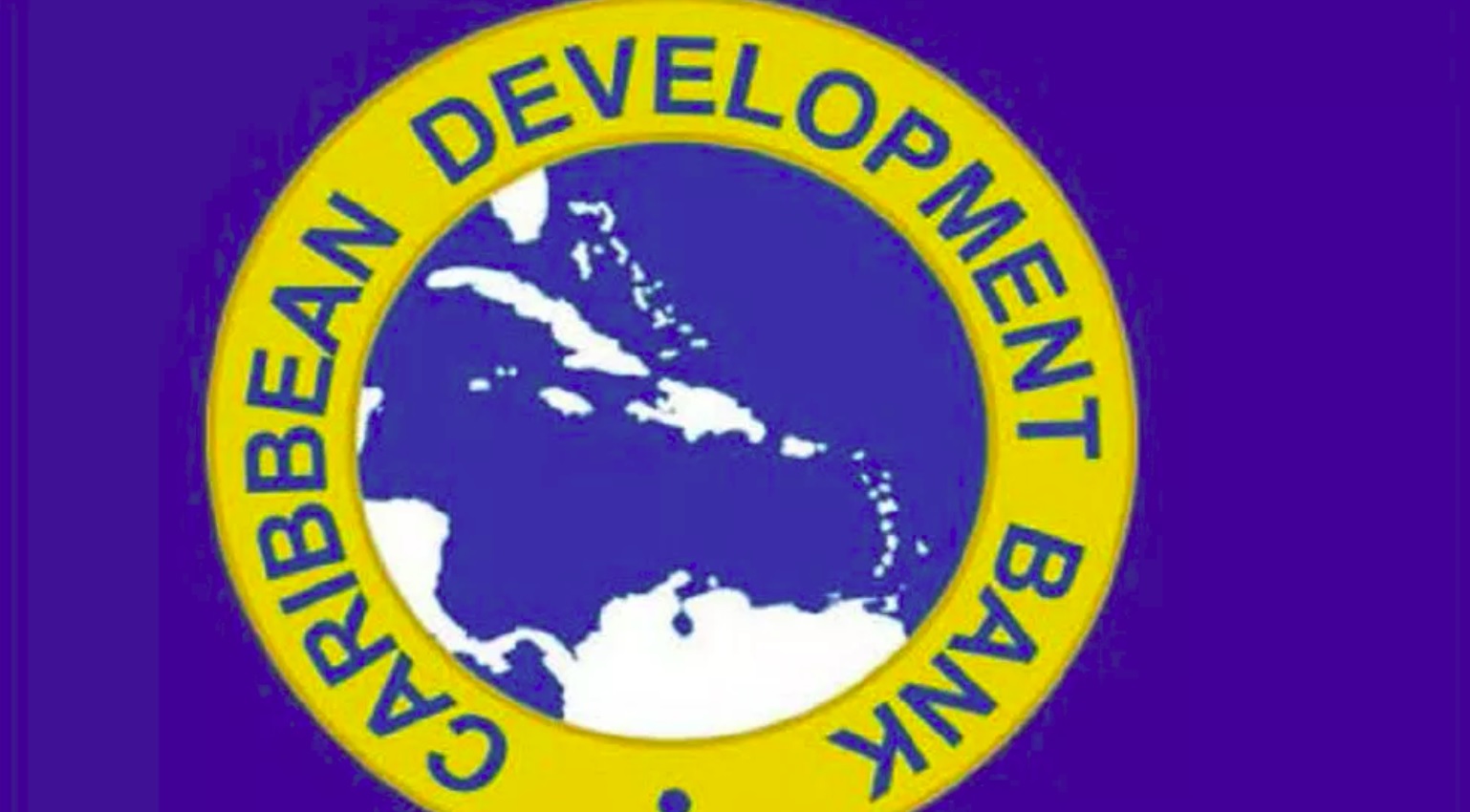Confirmed reports that the government of Antigua and Barbuda has approved salary increases for parliamentarians is causing a stir with opposition Members of Parliament (MPs) expressing surprise and claiming they have not received the 14 percent increase, which was made retroactive to January 2023.
Prime Minister Gaston Browne suggested that the announcement might have been made during the Budget Debate, which the opposition did not attend.
He attributed the delay in the parliamentarians’ raise to a “glitch” with their records from the Parliament.
In response, a recent press release from the United Progressive Party(UPP) rejected Browne’s claims, stating, “The UPP dismisses this explanation as nonsense, noting that the tenure of the Opposition Bench would have begun following the General Election of January 18, 2023 – the very same date as the Government MPs.”
The UPP MPs also highlighted that two senators were returning Members, so their records would have been established at the Parliament since 2018 at the latest.
The opposition also reminded the government of the increase promised to pensioners and declared that they “will accept no salary increase until the pensioners have been satisfied.”
They say sources confirm that retroactive payments of the 14 percent increase – to the government ministers and senators who serve as ministers of State – have been processed ranging from a high of EC $19,000 down to $6,800.
In Antigua and Barbuda, parliamentarians have not received an increase since 1994. According to the Ministers and Parliamentarians Salaries Act of 1994, the base annual salary for the Prime Minister is EC $150,000, with the Attorney General and government ministers receiving $120,000.
Other salaries include the Leader of the Opposition and non-portfolio ministers at $72,000 annually, parliamentary secretaries and Speaker of the House at $60,000. Additionally, parliamentarians receive pensions if they have served two terms of unbroken service or an aggregate of 10 years, except Prime Ministers who receive their pension after their first full term (5 years) in office.
The Commonwealth Parliamentary Association: Pay and Remuneration report in 2021 noted that parliamentarians also receive travel, entertainment, equipment, and constituency allowances, as well as the ability to receive loan/duty-free concession on vehicles. They also receive free utilities such as water and electricity.




